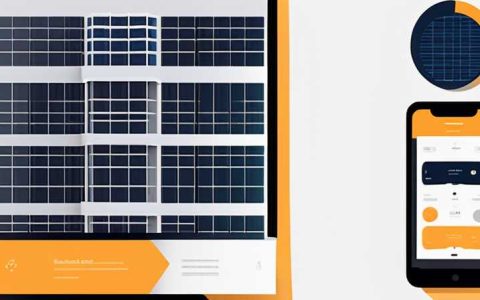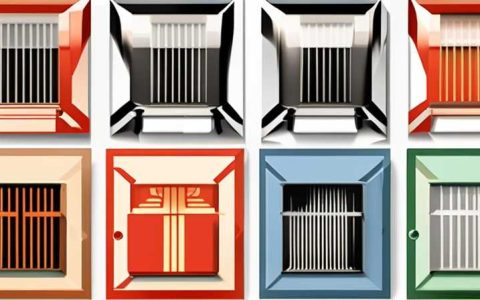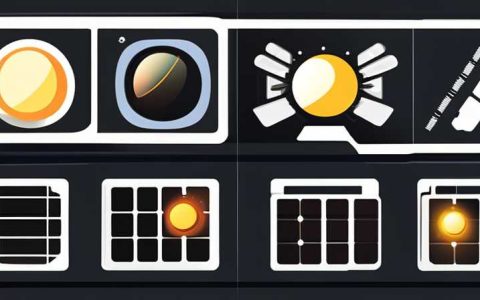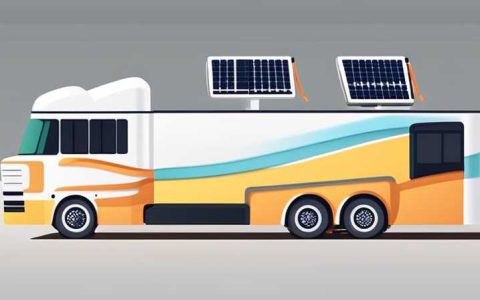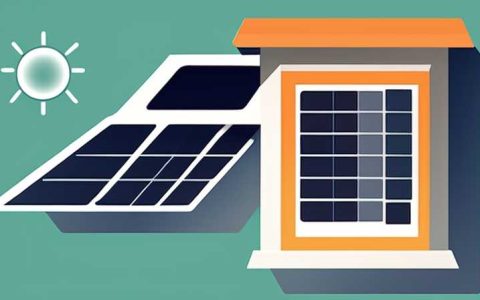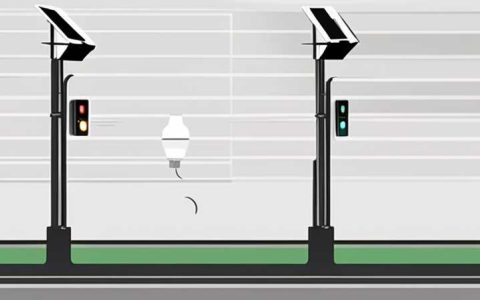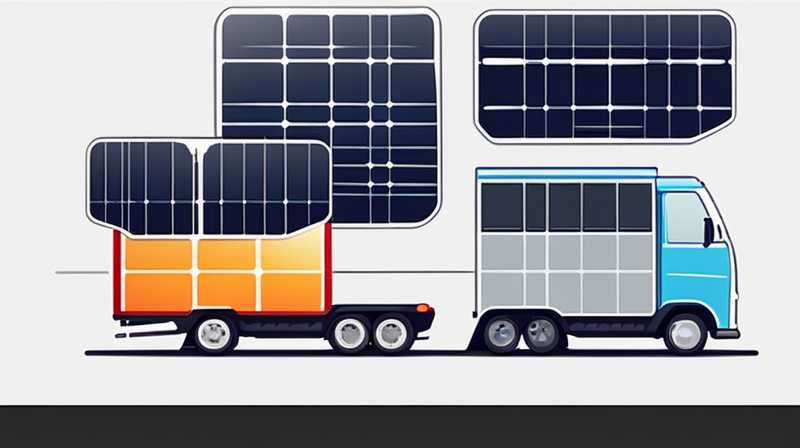
To select solar panels for bed trucks effectively, consider the following aspects: 1. Power requirements, 2. Type of solar panels, 3. Size and weight compatibility, 4. Budget constraints. Understanding your power needs is crucial for determining the appropriate wattage and efficiency. Different solar panel technologies offer varying levels of performance and durability, which will impact your choice. Ensure that the dimensions and weight of the solar panels are suitable for your vehicle’s bed layout. Lastly, evaluate the overall cost against the benefits of installation and long-term savings.
1. POWER REQUIREMENTS
Understanding your specific energy needs is the cornerstone of selecting solar panels. Not all vehicles consume the same amount of energy; thus, careful calculation is necessary to avoid under or oversizing your solar system. The overall energy demand of your appliances, along with the duration of their use, plays a critical role in determining how much solar power you need.
To calculate the power requirements, begin by listing all electrical devices you intend to power simultaneously. For each device, determine its wattage, which can often be found on a label or in the user manual. Next, estimate the average hours of use per day. Multiply the wattage of each device by the number of hours it will run and sum these totals to ascertain your daily energy requirement. Having an accurate figure allows for a more precise selection of solar panels.
Therefore, this not only informs which panels will provide sufficient energy but also influences the decision on battery storage, necessary to cover periods of low sunlight, ensuring a consistent power supply. The mismatch between power requirements and installed capacity can lead to dissatisfaction with your solar setup, highlighting the importance of phase one in this selection process.
2. TYPE OF SOLAR PANELS
The solar market offers several types of panels, each showcasing strengths and weaknesses. The three main categories include monocrystalline, polycrystalline, and thin-film solar panels. Each type has its unique attributes, which should align with your particular needs.
Monocrystalline panels, typically recognized for their high efficiency and space-saving characteristics, are constructed from single-crystal silicon. This leads to higher performance in less-than-ideal conditions, such as low light. They tend to be more expensive but are an excellent long-term investment due to their longevity and performance in energy conversion. If your truck bed has limited space, monocrystalline panels may be the most suitable option.
On the other hand, polycrystalline panels are more cost-effective and use multiple silicon crystals. While providing lower efficiency levels compared to their monocrystalline counterparts, they are still a feasible option if your energy requirements are moderate or your budget is tight. These types of panels produce more power when exposed to direct sunlight, which may align well with settings where the vehicle remains stationary under a clear sky.
Thin-film solar panels, constructed from a variety of materials such as cadmium telluride, offer flexibility in installation. Their lightweight attribute makes them particularly advantageous for mounting options where weight is a primary concern. However, they usually possess lower efficiency and require more surface area to match the output of traditional crystalline panels. Each choice presents different variables, making it essential to weigh these factors relative to your specific situation before committing to a solar panel type.
3. SIZE AND WEIGHT COMPATIBILITY
Comprehending the logistic aspects of solar panel installation, particularly size and weight, is fundamental for successful integration into bed trucks. The dimensions of the panels need to align seamlessly with the truck bed to prevent any obstructions or additional modifications. Depending on the existing structure and design of your truck, some adjustments may be necessary to accommodate large panels.
When considering weight, the impact on the vehicle’s overall load capacity must not be overlooked. Each truck has its specifications regarding maximum weight limits, and exceeding these limits not only jeopardizes vehicle safety but may also impact fuel efficiency. Therefore, weighing the solar panels against both the capacity of the truck and the intended journey is essential to ensure safe and efficient operation.
Ultimately, selecting appropriately sized and weighted solar panels involves both spatial calculations and legal compliance. Consult your truck’s user manual for maximum load specifications, and consider reviewing local regulations regarding modifications to trucks, particularly those used for commercial purposes. Decisions taken at this stage can prevent complications down the line associated with overloading and structural impairments.
4. BUDGET CONSTRAINTS
Establishing a budget is often one of the most significant considerations when selecting solar panels for truck beds. The initial investment, though substantial, should be viewed through a long-term lens, as the ongoing savings on fuel and maintenance can quickly offset these costs. However, a balance must be struck between desired quality and available financial resources.
Begin by estimating the total cost involved in obtaining solar panels, including installation, batteries, and any additional equipment like charge controllers or inverters. Monocrystalline panels, known for their efficiency, typically come at a higher price point, while polycrystalline panels may offer a more budget-friendly solution. Therefore, understanding the long-term value of each type will assist in informed decision-making.
Moreover, take advantage of rebates and incentives offered by government programs; these can significantly reduce the initial investment. Investigate potential financing options that allow for manageable payments over time. Select vendors known for longevity and service records, as these attributes often correlate with product reliability, thereby reducing maintenance costs.
Budgeting extends beyond initial costs to include anticipated maintenance and replacement expenses too. Quality products will ultimately lead to reduced hassle, optimizing your experience with solar energy in the long run.
FAQs
WHAT SOLAR PANEL WATTAGE IS OPTIMAL FOR A BED TRUCK?
When determining the optimal wattage for solar panels mounted on a bed truck, several factors come into play. One key aspect involves understanding your daily energy consumption; the combination of devices powered and their respective usage times dictates how much power you’ll need. A general rule of thumb is to aim for a solar panel system with a capacity that exceeds your daily watt-hour requirements by at least 20%, accommodating cloudy days and unexpected usage spikes.
For example, if your total daily energy need is around 200 watt-hours, a solar panel system totaling around 250 to 300 watts would be ideal. Such a setup not only ensures reliable energy provision but also maximizes system efficiency. Additionally, consider the dimensions and weight distribution in your truck bed to ensure that the solar panel system does not exceed the maximum capacity or alter the vehicle’s handling negatively. Ultimately, optimal wattage is a balance between power needs, panel efficiency, and logistical considerations.
HOW DO I INSTALL SOLAR PANELS ON A TRUCK BED?
Installation of solar panels onto a truck bed can be straightforward if approached methodically. Start by assessing your truck’s specific layout to determine the best position for the panels, taking care not to obstruct any lights or features. Pre-drilling holes for mounting brackets will facilitate secure attachment. Ensure the chosen area is flat and stable to maximize panel exposure to sunlight and maintain efficiency.
Next, use appropriate adhesives or mechanical fasteners to secure the brackets, which the solar panels will attach to. After ensuring everything is firmly in place, connect the solar panels to the charge controller, which regulates battery charging. This system requires proper wiring for optimal performance; consult the equipment manuals to confirm compatibility. Once setup is complete, conduct a test to verify that everything is operating correctly before taking to the road. Given the importance of safety and warranty implications, engaging professional installation services may be advisable if electrical work is involved or if you’re uncertain about the installation process.
WHAT MAINTENANCE DO SOLAR PANELS REQUIRE ON A TRUCK?
The maintenance requirements for solar panels on a truck should not be overlooked; regular attention ensures both longevity and efficiency. Begin by routinely inspecting panels for dirt, dust, and debris, as these can obstruct sunlight and diminish performance. Cleaning panels with a gentle solution and soft cloth or sponge can maintain peak output. This should be done carefully to avoid scratches or other damage.
Additionally, it’s prudent to check electrical connections at least twice a year, ensuring adequacy and security. Inspect wiring for wear and tear, and replace any components showing signs of deterioration. Monitoring battery health is also essential; batteries should be discharged and recharged regularly to prevent sulfation, which can shorten their lifespan. Lastly, always adhere to manufacturer guidance regarding maintenance and performance checks, as these recommendations are based on extensive testing and industry experience.
Bold Final Thoughts
Opting for solar panels to enhance the utility of your bed truck is a significant decision that warrants careful deliberation across several areas. The primary considerations revolve around defining your energy requirements to establish a tailored solar system that meets both functional and aesthetic needs. Each step taken in the selection process, from evaluating the types of panels available to understanding their integration with the vehicle, sets the foundation for a successful renewable energy solution.
The advent of customizable solar technologies has made it increasingly feasible to harness solar energy within compact vehicular spaces. By understanding and navigating the intricacies involved in choosing the right solar panels, including considering size, weight, and budget, future users can significantly improve their travel experience while embracing sustainability.
Solar energy constitutes a commendable investment not only for the present but also for future ventures, allowing individuals to contribute positively to environmental efforts while enjoying practical conveniences. Thus, making informed decisions regarding solar panel selection provides immediate benefits in lifestyle enhancements and long-term gains concerning energy independence. Prioritize thorough research to select the optimal configuration for your truck’s unique requirements and enjoy the myriad advantages of solar energy as a reliable companion on the road.
Original article by NenPower, If reposted, please credit the source: https://nenpower.com/blog/how-to-choose-solar-panels-for-bed-trucks/


